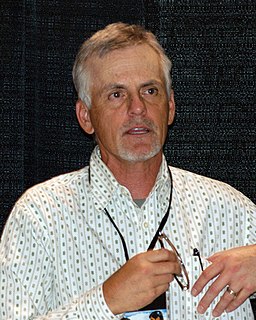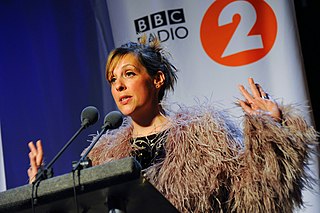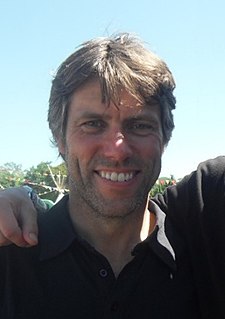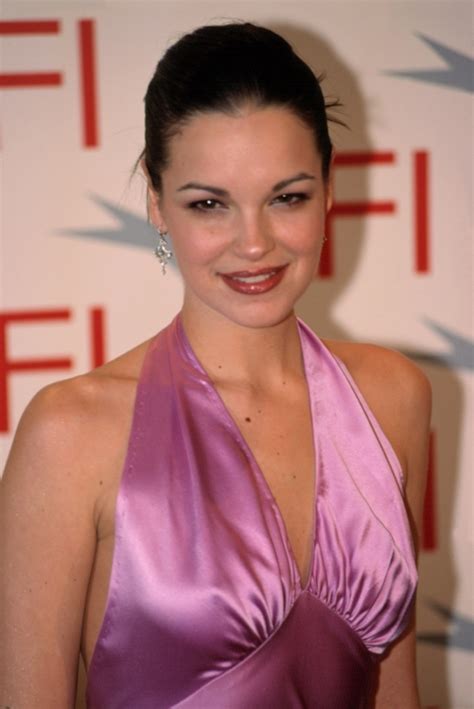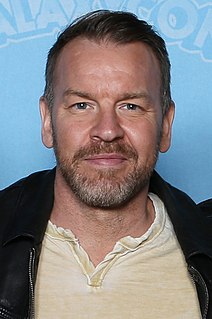A Quote by Rob Paulsen
Learn as much as you can about performing. Live theater, improv classes, music, stand up comedy, dance, anything to make yourself confident and comfortable in front of an audience. It'll all come in handy when auditioning for producers and performing with other actors. The best voice actors all have a live performance background. And are competent, fearless, incredibly creative actors.
Quote Topics
About
Actors
Anything
Audience
Auditioning
Background
Best
Classes
Come
Comedy
Comfortable
Competent
Confident
Creative
Dance
Fearless
Front
Handy
Improv
Incredibly
Learn
Live
Live Performance
Live Theater
Make
Much
Music
Other
Performance
Performing
Producers
Self Confident
Stand
Stand Up
Stand Up Comedy
Theater
Up
Voice
Yourself
Related Quotes
I love actors. Part of that is my theater background and being a writer who cares about performance. Actors have usually chosen their profession because they have a dream of doing it and they want to express something about the world. That's the same thing that I have with writing. Most of the good actors get into it for those reason, rather than for reasons of fame or fortune, or anything like that, and that's where I'm coming from, as a storyteller.
People can now get to see anything they want, in any shape or form, anywhere, on laptop, iPad or 'phone. What's not controllable, though, is the live element. So there's still a real thrill for TV viewers in watching actors pulling it all together and performing live, and a real challenge for the actors.
I think film is a world of directors. Theater is a world of actors. Or, theater is for actors as cinema is for directors. I started in theater. Filming is as complete as directing film. In theater, you are there, you have a character, you have a play, you have a light, you have a set, you have an audience, and you're in control, and every night is different depending on you and the relationship with the other actors. It's as simple as that. So, you are given all the tools.
There are so many brilliant, trained actors of color in America. If you just think about it, every year in the spring Julliard and NYU and Yale and hundreds of schools across the country graduate classes of trained actors, and in those classes are actors of color. So to say that there aren't enough actors of color is factually inaccurate.
You can't make theater happen without actors. The actor is the central ingredient in making theater happen. Audiences may come to theaters to see the work of stage managers, directors and producers, but the only people who can communicate theater magic to audiences, through ideas and emotions, are the actors. They are the only ones who can communicate this by themselves, and if necessary, they can get along without you. But you can't make theater without the actor.
I think casting is really important. Finding the right sensibility for the right part is an art in itself. If you're off there, you make it harder on yourself as a director. And it's fun to work that out with the actors. I don't think there's any magic to directing actors. It's very instinctual. Working with actors is really one of my favorite creative moments of the whole process, and the most fun, because it's collaborative. I spend a lot of time rehearsing. I'm very rehearsal-oriented, probably because I have some background in theater. I like knowing what will work beforehand.
What I learned about acting, from my experiences directing, is why so many producers and directors don't like actors. You go through all of this work securing a location, figuring out how to get electricity there, how to get trucks parked where they need to be, and where catering is going to come from. And if the actors don't come up with some magic, it actually didn't matter. That creates a lot of animosity towards the actors.
In this type of cinema, whether working with actors or non-actors, as much as you do direct them, if you allow yourself to be directed by them, then the end result will be much more pleasing. The real and individual strengths of the actors is allowed to be expressed and is something that does affect the audience very deeply.
I love actors, both my parents were actors, and the work with actors is the most enjoyable part of making a film. It's important that they feel protected and are confident they won't be betrayed. When you create that atmosphere of trust, it's in the bag - the actors will do everything to satisfy you.
